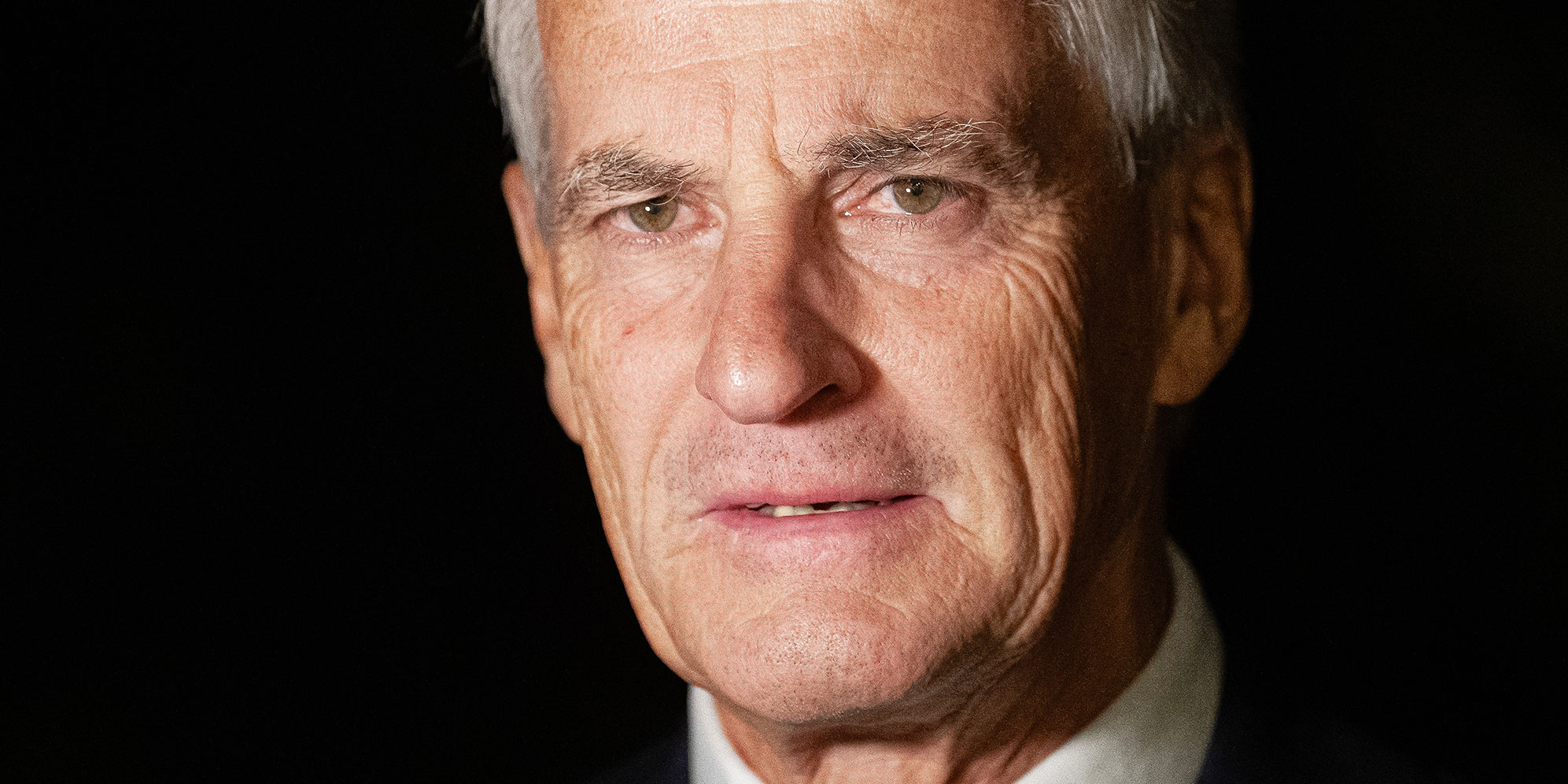The US’s explanation for missing the G20 Leaders’ Summit in Johannesburg this past weekend “is in my view unacceptable and unfounded”, said Norwegian Prime Minister Jonas Gahr Støre.
He was speaking to Daily Maverick after attending the summit hosted by President Ramaphosa, which adopted a Leaders’ Declaration covering a vast range of global issues, including development priorities.
Støre was referring to US President Donald Trump’s statement two weeks ago that no US government official would attend the summit because white Afrikaners were being “killed and slaughtered” and their farms “illegally confiscated”.
Støre was a guest of Ramaphosa at the summit, and Norway participated in the entire G20 process, attending all of the meetings of ministers and officials throughout the year in the lead-up to the summit.
“I would like to really salute President Ramaphosa for having carried through this G20 presidency in a year of major pressure on the international framework — commercial, financial, political, diplomatic,” said Støre.
“And the fact that we are G20 countries here — with one absence — but still, the 19 plus partner countries like Norway having reached common understanding on these principles, that is good. And I think there is a will around that table to preserve key elements of that international regulatory framework, which is important.”
On the US’s absence, Støre said, “Every country has to decide for itself whether it belongs around this table. The strange thing is that the US is about to take over the presidency of the G20 and has plans for its presidency, as every presidency is entitled to have.”
He added that he had attended two summits in the past three weeks where the US was not present: the COP30 climate summit in Brazil and this G20 Leaders’ Summit.
“But they reached an agreement anyway yesterday [Saturday]. COP, G20 in Johannesburg, US absent, but they still reached an agreement. So that is good, but you know it is not optimal that the US is not engaging.
“And I think the fact they are pulling out of the Paris [climate] agreement, they are pulling out of the WHO [World Health Organization], they are pulling out of many of the domestic national legislation on climate and environment, which is going to be major setbacks for both climate and environment in the US.
“And they are putting pressure on international processes trying to progress environmental and climate efforts.
“Like in the maritime field, you know, we were close to find an agreement on reducing emissions from shipping and, in the final stage, the US blocked that agreement. That is not good.”
Støre focused on inequality in his speech to the G20 summit and especially on the report to the summit of a panel on inequality led by the Nobel Laureate economist Joseph Stiglitz.
“I think the reality is that inequality is growing globally and not only between countries but inside countries.”
/file/dailymaverick/wp-content/uploads/2022/03/AV_00018568.jpg)
Equality of rights
He said Norway’s experience had been that equality had been about “an ethical and moral approach to the dignity of men and women.
“Equality of rights is a fundamental democratic principle,” he said. “The equality perspective that assures all children the same right to education, to qualifications for jobs, has been a major explanation why our economy is thriving, why we have 80% participation rate in the labour market.”
In 1970, Norway was among the countries with the lowest female participation in its workforce.
This stemmed from the fact that Norway was then a relatively poor country, and what was important then for the labour movement was to secure an income from one industrial job for the family.
“But then, after 1970, the women who were born in 1950 and after started to go for higher education and go for work. So, in 15 years, in 1985, we were on top of female participation.”
Støre said increasing female participation in Norway’s workforce had boosted its economy to a greater extent than had its vast oil and gas resources.
“We often talk about Norway having energy, having a national sovereign wealth fund [based on oil income], but nearly 70% of value in Norway lies in the people and their capacity to work and contribute. And if you have rising inequality, that equation is weakened.”
Inequality also reduced trust, he said.
“And one of the major advantages in the Scandinavian countries is that the level of trust makes business transactions smarter, smoother, easier, with less legal processes and complications.
“So all of this hangs together. So again, I think what the President [Ramaphosa] has done here to focus on equality at a very large global scale at least keeps this theme on the agenda.”
Artificial intelligence
The G20 summit also deliberated on the implications of AI, and Støre said the problem with technological breakthroughs like AI and quantum technology was that they often created huge opportunities for wealth for some. ”And in the next phase, you see inequality growing.”
As a social democrat, he said he saw the critical importance of having a government with legitimacy to implement redistribution policies, a welfare state model that guaranteed all children equal rights from birth, and provided good childcare, good schools and free universities.
He noted that education in Norway was free, including university education.
“That is more than a moral issue. I think it is also an issue of modern, efficient management of societies in the Knowledge Age.”
Støre said he came from a generation for whom South Africa’s apartheid struggle meant a lot.
“Many people were very closely engaged. I myself took part in that, seeing South Africa evolving into a democracy, seeing South Africa taking the lead stage.
“I worked with Global Health 25 years ago, seeing how Nelson Mandela was championing vaccine initiatives, anti-Aids initiatives, maternal mortality initiatives. That was encouraging.
“South Africa has its challenges. There are many. They are complex. But I think it is a democratic society with freedom of press and a lot of aspiration.
“So I’m happy to see ... that there is a growing interest among Norwegian [businesses] to invest. I was in the Free State yesterday to see a major solar panel installation that will provide electricity for tens of thousands of households, with significant Norwegian investment.
“Scatec, which is among the biggest renewable private companies in the world, is investing in a major way in Egypt in the north and in South Africa in the south.”
He noted with concern that for a younger generation of Norwegians, South Africa was growing distant, as supporting anti-apartheid was not part of their upbringing.
“But ... we see Norwegian tourists going to South Africa, we see athletes doing their training up in high altitude [of South Africa]. So there are a lot of opportunities.” DM





 Norway's Prime Minister, Jonas Gahr Støre, has criticised the US boycott of the G20 Leaders’ Summit. (Photo: Carl Court / Getty Images)
Norway's Prime Minister, Jonas Gahr Støre, has criticised the US boycott of the G20 Leaders’ Summit. (Photo: Carl Court / Getty Images)